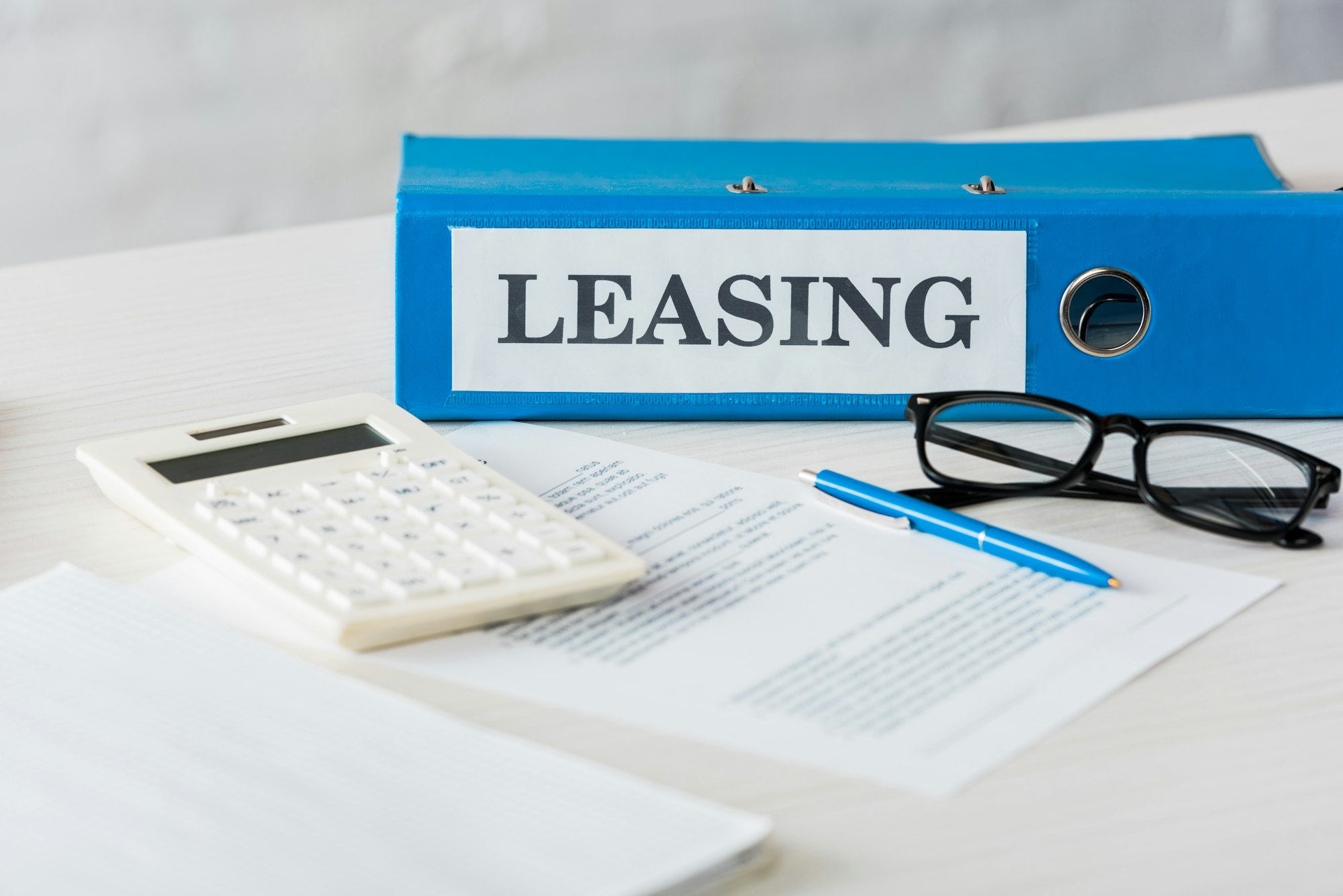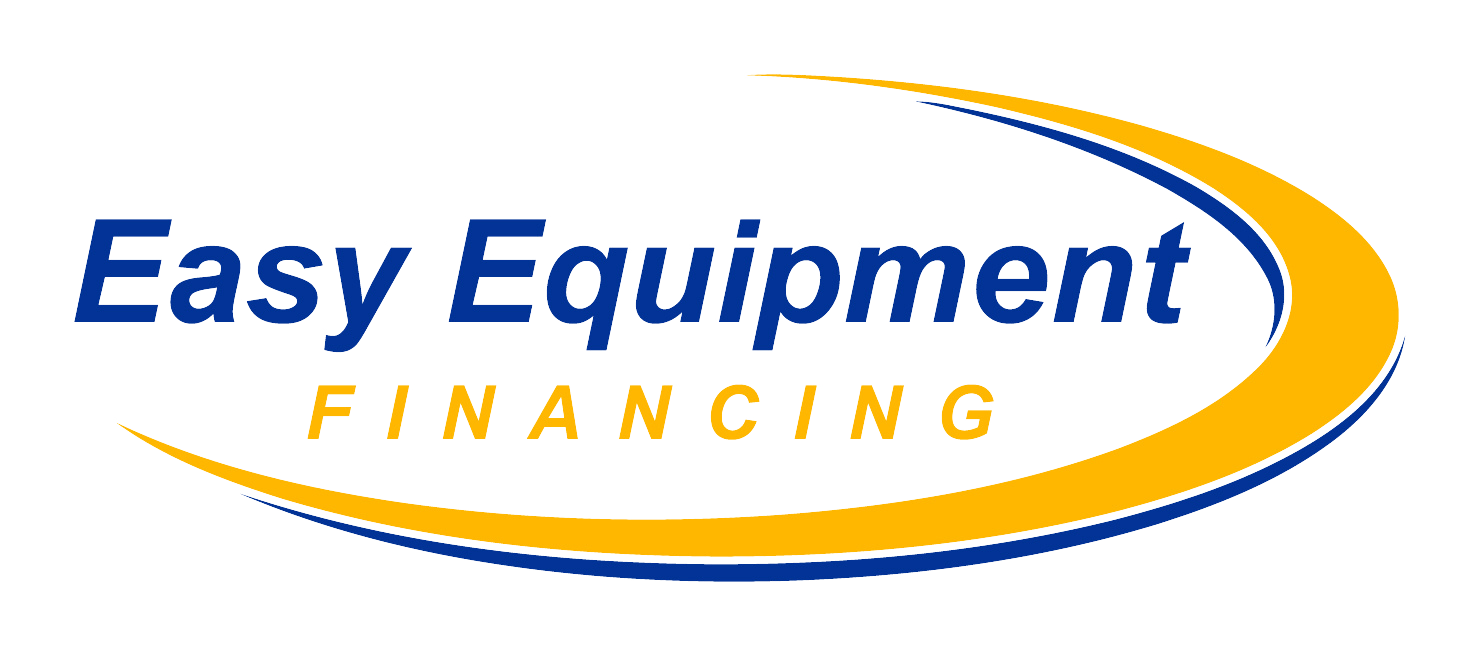- home
- Types of Contracts
Types of Contracts



There are many different types of contracts available in the Commerical Equipment Financing
Which many newer business owners do not have much knowledge of simply because less honest finance companies don’t really want you to know to the ins and outs.
Most of them want you to think you’re signing a Principle and Interest type loans.
To confuse matters even more, every lienholder has their own contract and their own set of rules as I like to call it.F
Here is the list of the most common contracts you will find:
Here’s where it gets a little tricky.
EFA’s have interest compounded into the payment; therefore, an amortization calculator for the principle and interest loan doesn’t apply to it.
Also, not all EFA agreements will give you a discount if you pay off early.
They do not penalize you if you want to pay off early; you simply don’t receive any type of cost savings for doing so.
However, some lienholders will provide you with a discount percentage if you pay off early.
This will allow you to save money in the long run if you choose to pay your loan off early.
How the discounts are calculated varies per lienholder.
Here’s another one for you:
Some lienholders will provide an addendum to their contract giving you a schedule of what the cost would be at the time of early payoff.
Those schedules are very helpful.
This type of lease agreement gives you the option to purchase the equipment at the end of term or give it back to the lender. This type of lease agreement limits your liability on the back end because a “fixed” amount of either 10% or 15% is the amount you will pay (which is stated on the contract) if you elect the purchase option at the end of the initial lease term.
This is definitely my least favorite because over the years I have seen way too many businesses owners get burned and ended up paying way to much.
And in some cases got into litigation because they elected to purchase the equipment at the end of term and finance company was raking them over the coals.
This is a very sneaky contract which can leave you wide open for liability if you’re not careful.
And here’s why, if in the contract it states the “FMV” is determined by Lessor (the financing company)
It is a clear sign that you are working with a scam finance company who is dishonest and wants to milk you for every dime you have.
The wording in this contract allows them to charge you whatever they determine the FMV to be. Do you smell the liability hanging off of that one?



Here’s a little leasing 101 for you to keep in back pocket.
If you have to entered into an FMV lease make sure that the language written in the agreement states the FMV is determined by an unrelated third party appraisal company who is selected and agreed upon both the lessee (you) and the lessor (them) to determine the FMV.
This language is the only way to limit your liability at the end of lease term if you to choose to purchase the equipment. If the leasing company refuses to put this language into the lease agreement then run quickly in the other direction.
Stop taking their phone calls and look for another finance company to work. You’ll end up thanking me and saving yourself thousands and thousands of dollars.
Another aspect of some Purchase option and FMV leases is you need to look out for the term “renewal period” when reading over the contract.
Some people in the industry label this as the “ever green clause” because, In my opinion you are forever paying your hard earned green money to the lender.
Essentially, how it works is somewhere in the contract there will be a clause in which you have to give the lender advanced notice (aka notice period) if you chose to return the equipment back to them or exercise your right to purchase it at the end of lease term. Here’s where the GOTCHA comes in.
The contract will state if you have to give a 30, 60 or 90 day written notice. If you miss the “notice period” and fail to give notice your contract will automatically extend for a set period of time which is usually anywhere from 3-6 months (the “renewal period”).
During the second renewal period, you must give the lender again advance notice to exercise your intention give back or buy.
If you miss this the time period to give notice on the second renewal period, the lease will renew again for the third time! It sounds illegal but it’s not. By the time you finally get out of this lease you end up paying for the piece of equipment at 3 to 4 times over the initial purchase price.
Fortunately, not all leases have this clause in them which is why it’s very important to ask questions and read the lease contract over carefully.




